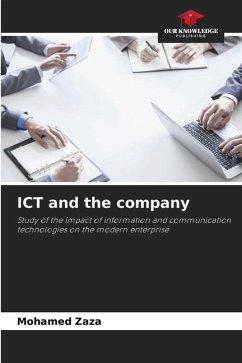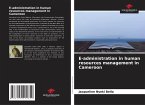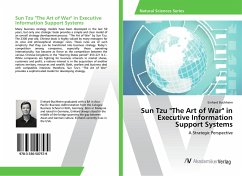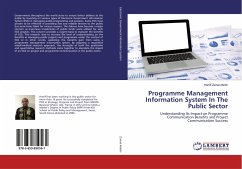At the dawn of the eighties, the world economy experienced the transition from a material society and economy to an immaterial society and economy or cognitive capitalism, going beyond the economic aspect of the knowledge society, designating what would be a new phase in economic history in which, according to some economists, we have entered since the end of the last century (1990s). The development of the new economy depends more on human knowledge and creativity than on natural resources. This explains the new trend of the world economy, which is in full movement, a mutation from an economy of production to an economy of information, knowledge and learning. The productivity paradox, highlighted by Nobel Prize winner Robert Solow, is a good example of this; it shows that the relationship between knowledge and growth is not immediate because the effective use of information and communication technologies (ICT).








